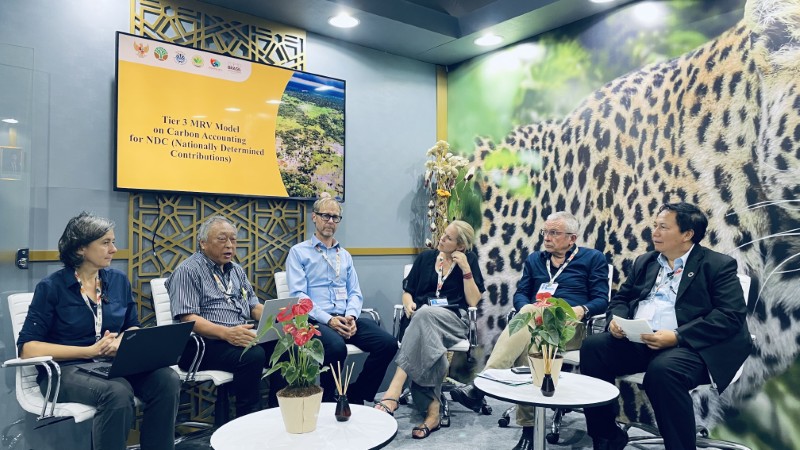【COP30 Side Event】SAFTA Seminar: A Vector of innovation for Agroforestry Systems in the 21th Century Amazon- Part 2
|event
Information for reporters and journalists about our projects

Important Announcement and Organizational Information

Detailed reports and features from everywhere JICA is active
This is a blog from a JICA staff member's professional point of view.

【COP30 Side Event】SAFTA Seminar: A Vector of innovation for Agroforestry Systems in the 21th Century Amazon- Part 2
|event
|event

【COP30 Side-Event】Integrating Peatland Restoration and FOLU within the Global Carbon Market Framework
|event
|event

【COP30 Side-Event】Introducing The First Pacific Regional Innovation Forum for Climate Change and Environment
|event
|event
scroll